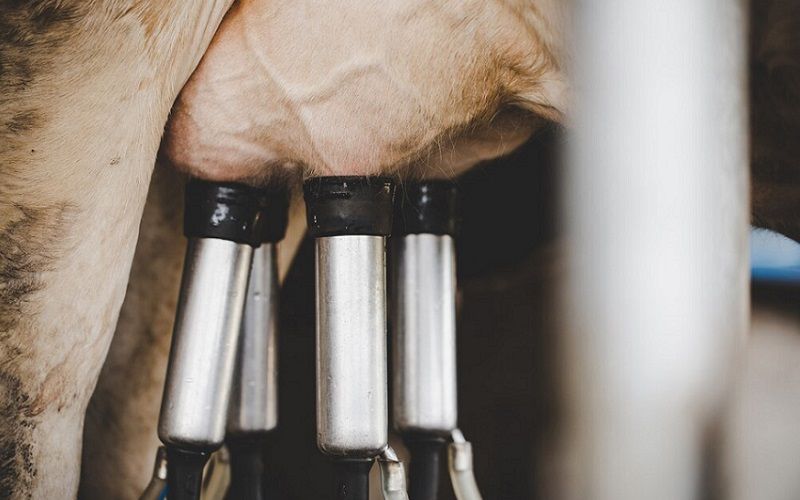Namibia's Dairy Dilemma: The Quest for Competitive Equality

The Namibian dairy industry finds itself struggling against an influx of cheaper imports, particularly fr om neighboring South Africa. The Bank of Namibia's annual report suggests that implementing subsidies or zero-rated taxes on all milk products could level the playing field, putting Namibian-made dairy products on par with imported goods.
Currently, Namibia only zero-rates fresh milk, unlike neighboring countries wh ere all dairy products benefit from zero-rate tax status. This discrepancy places local producers at a significant disadvantage. As the report indicates, "Namibia is currently at a disadvantage when competing with neighbouring countries' milk products..." The competitive edge of South African dairy lies not just in economies of scale and cheaper inputs but crucially in its tax-free status.
This issue persists despite previous protective measures, such as the Infant Industry Protection initiative, which expired in 2008 and failed to fully shield the industry. Thus, the domestic sector has struggled to meet local demand, compounded by a lack of profitability when competing with foreign imports.
There are, however, opportunities for growth, particularly in markets like Angola, which show high demand for Namibian cultured milk products. The report further recommends tax incentives for imports of agricultural raw materials to encourage local value addition. For instance, imported wheat used for pasta production becomes 5% more expensive due to domestic levies, impeding competitive exports.
The Bank of Namibia criticizes the Namibian Agronomic Board's levy practices, arguing that while funds are used for local agricultural growth, they disadvantage industrial processes. Conversely, in South Africa, programs like the Agro-Processing Support Scheme actively encourage investment in agro-processing, adding value to agricultural products and boosting industry growth.









